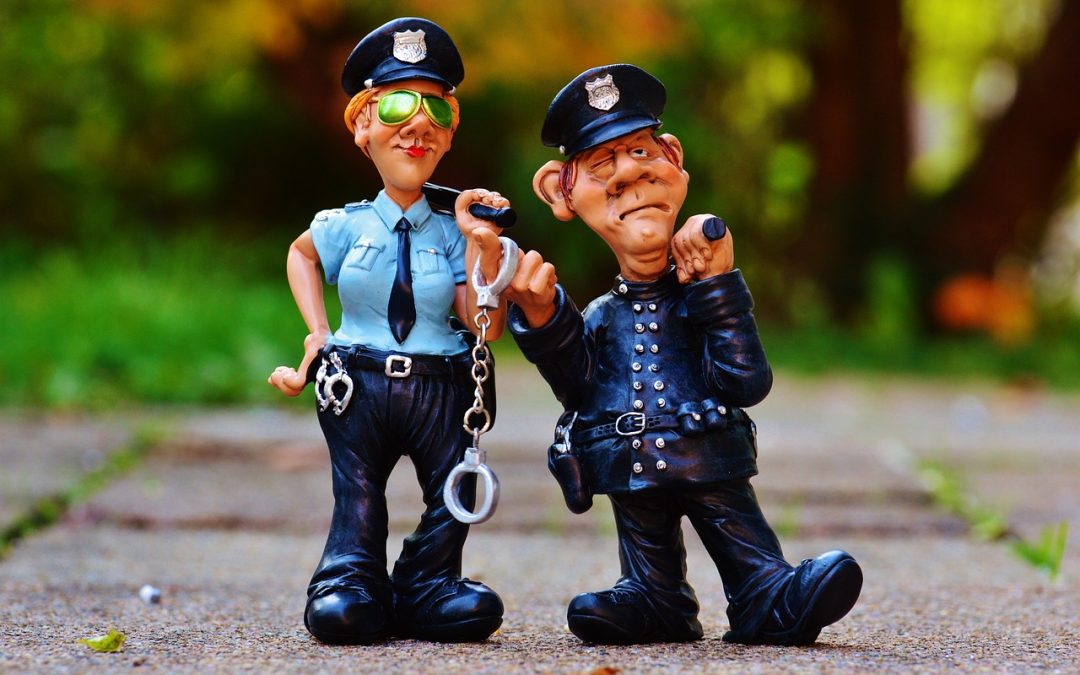As protests and rallies continue to shape public discourse, it’s essential to understand your rights when interacting with law enforcement. One crucial aspect of this is knowing whether filming cops at rallies is legal everywhere.
Understanding Your Right to Record Police Activity
In the United States, the First Amendment protects individuals’ right to record police activity in public spaces, as long as they are not interfering with the officers’ duties or safety. This right has been consistently upheld by courts across the country, including the First Circuit Court of Appeals, which stated that “a private citizen has a First Amendment right to capture images of what occurs during a traffic stop.”
Practical Tips for Filming Police at Rallies
- Be respectful and keep a safe distance from officers to minimize potential conflicts.
- Avoid physically obstructing or touching officers or their equipment.
- Do not attempt to film or record sensitive police information, such as radio frequencies or tactical discussions.
- Be prepared to provide your identification if asked, but be aware that you may not be legally obligated to do so in all jurisdictions.
- Keep your recording device easily visible to avoid any confusion or suspicion.
Legal Considerations and Nuances
While the general right to film police activity is well-established, there are important legal considerations to keep in mind. For example, some states have stop-and-identify laws, which may require you to provide identification in certain circumstances. Additionally, consent searches or warrantless searches may impact your ability to record police activity in specific situations.
“The right to criticize the government is at the very core of the First Amendment… [T]he right to receive information is co-extensive with the right to disseminate it.” – Supreme Court Justice William Brennan
In conclusion, it is essential to approach filming cops at rallies with a clear understanding of your rights and responsibilities. By doing so, you can help promote transparency, accountability, and safety for everyone involved. Remember to stay informed about local laws and regulations, and always prioritize de-escalation and cooperation with officers. By being aware of your rights and exercising them responsibly, you can play a vital role in maintaining the balance between safety and freedom.
The information at Observed.Org may not pertain to every jurisdiction. It is YOUR responsibility to know your rights and observe them. Nothing here should be considered legal advice.

